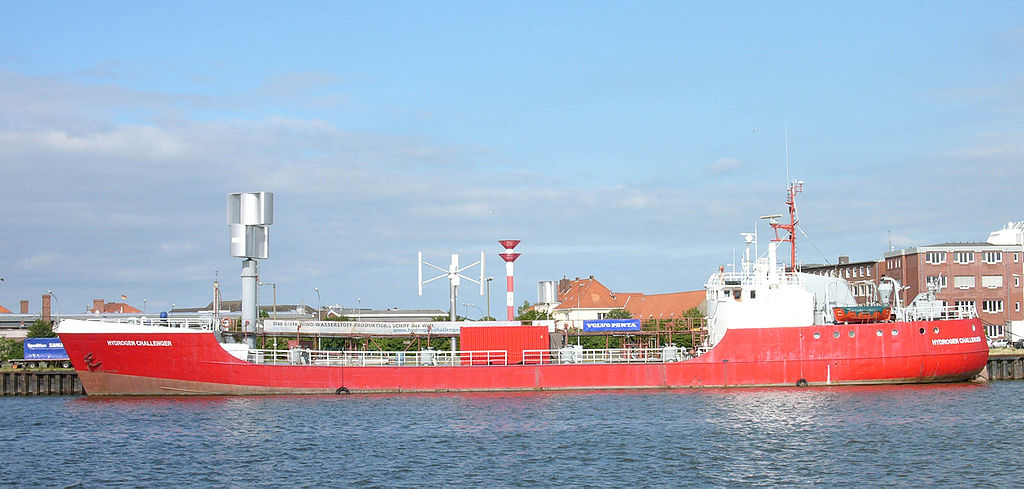
Maritime transport is a vital sector for the global trade and the global economy. From an environmental point of view it is also the most efficient and sustainable method of the transport of goods, compared to the road transport or of those provided by the air transport.
Despite that, the higher number of ships and therefore the growth in maritime traffic lead to an increase of greenhouse gases (GHG) emission, that is supposed to raise up to 250% of the value it had in 1990.
The greenhouse gases (GHG) include carbon dioxide (CO2), methane (CH4) and nitrous oxide (N2O) and, because of their direct and indirect effects, they adversely affect environment and people health.
To face climate change and protect environment and health of workers and population, port facilities and shipping companies have started to introduce programs and policies with the aim to reduce greenhouse gases (GHG) emission.
In addition new international maritime regulations were produced to reduce emissions of new and existing ships.
Since the level of ship emissions depends on fuel consumption, engineering design, engine operation and maintenance, maritime transport industry is considering new technologies and energy sources, such as fuel cells and hydrogen energy.
Various ship companies are starting to design vessels engine will run on hydrogen produced from renewable energy (solar panels, wind farm, hydroelectric plant, and geothermal energy facilities).
Hydrogen energy and fuel cells will play a key role in helping the maritime transport industry reducing the greenhouse gas (GHG) emissions both in ports and in water environments, can be used for vehicles propulsion, auxiliary power for loading and unloading equipment and devices, generating electricity, to provide power for essential services.
Many ports have adopted policies to reduce emissions of greenhouse gases and harmful pollutants. However the only way to significantly reduce this pollution and getting an important progress is to replace fossil fuels with alternative sources of energy, the fuel cells and hydrogen.
To make the transition to an alternative energy source it is necessary to develop hydrogen energy and fuel cells refueling infrastructures in ports. Hydrogen energy and fuel cells will play a vital role in the clean energy transition, will provide reliable solution to decarbonize the maritime transport sector.
Jessica Moro
DSO
Image
Cover: Hydrogen Challenger – a wind and hydrogen driven ship (harbor of Bremerhaven, Germany), Hannes Grobe 23:27, 16 December 2006

